Funke
Fully Autonomous Flight
Logistics and mobility are the basis for a flourishing economy and society. In light of demographic change, the declining number of skilled workers and the simultaneously high and ever growing demands on passenger and freight transport, shaping the mobility of the future appears to be one of the key challenges of the 21st century.
Unmanned, largely manually controlled aerial vehicles are already an important addition in many areas of application such as the delivery of goods, the maintenance of industrial plants, in surveying technology or even in fire protection and rescue operations. The private as well as the commercial use of drones has been increasing continuously for years. Unmanned aircraft systems will profoundly change future transport. However, the safe operation of autonomous systems still remains challenging - especially under changing environmental influences and other disruptive factors.
00:00
Demonstrate: an autonomous aerial vehicle with a maximum weight of up to 25 kg that is able to complete a predefined course without any human intervention, even under the influence of inclement conditions.
The aim is to develop a system that can master various challenging obstacles and tasks completely autonomously. Other autonomous systems, e.g. on the ground, can be used as support.
The SPRIND Funke Fully Autonomous Flight
started in February 2024. After completing the first stage in April 2024, the expert jury selected the participants for the second and final stage of the SPRIND Funke.
Ten teams were able to qualify and, hence, get the chance to compete in front of industry experts and potential investors at the final drone race in September 2024. In getting there, SPRIND provides the teams with up to 80,000 euros. In stage 1, the teams received up to 70,000 euros to further develop their technology.
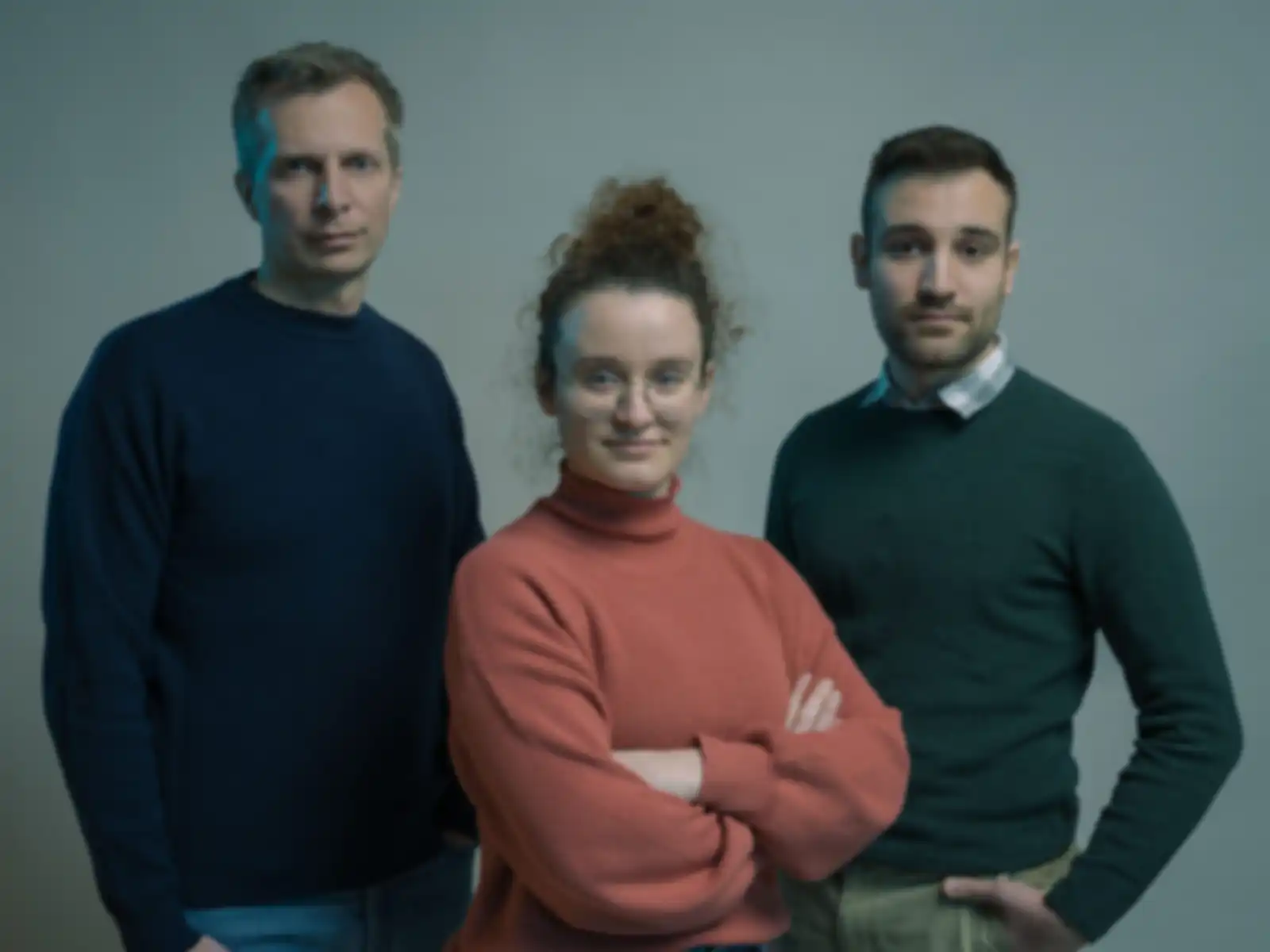
UAV with Battery-Swap-UGV

PathStrider
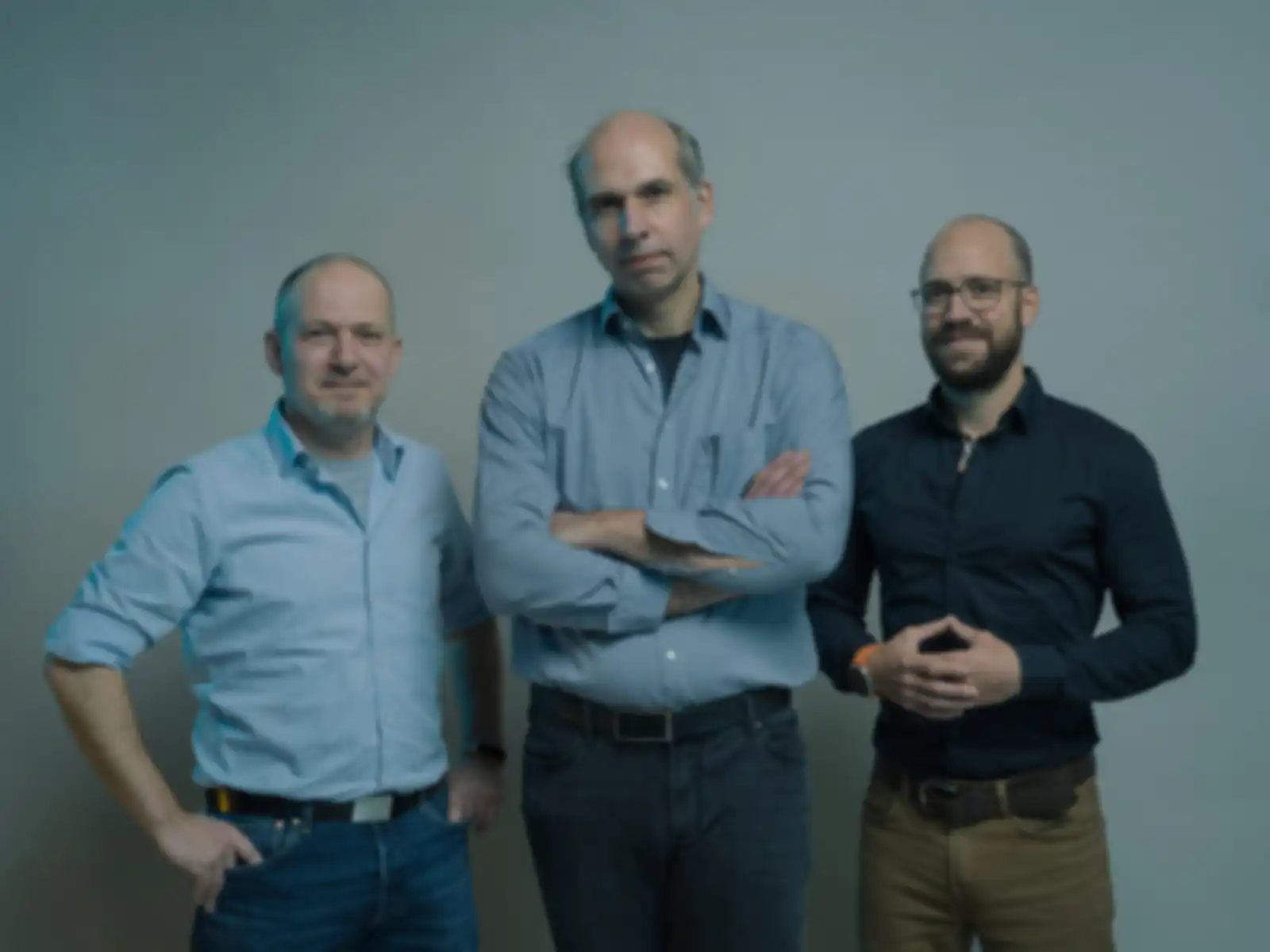
SIMON – Semiconscious Integrated Modular Ops Network
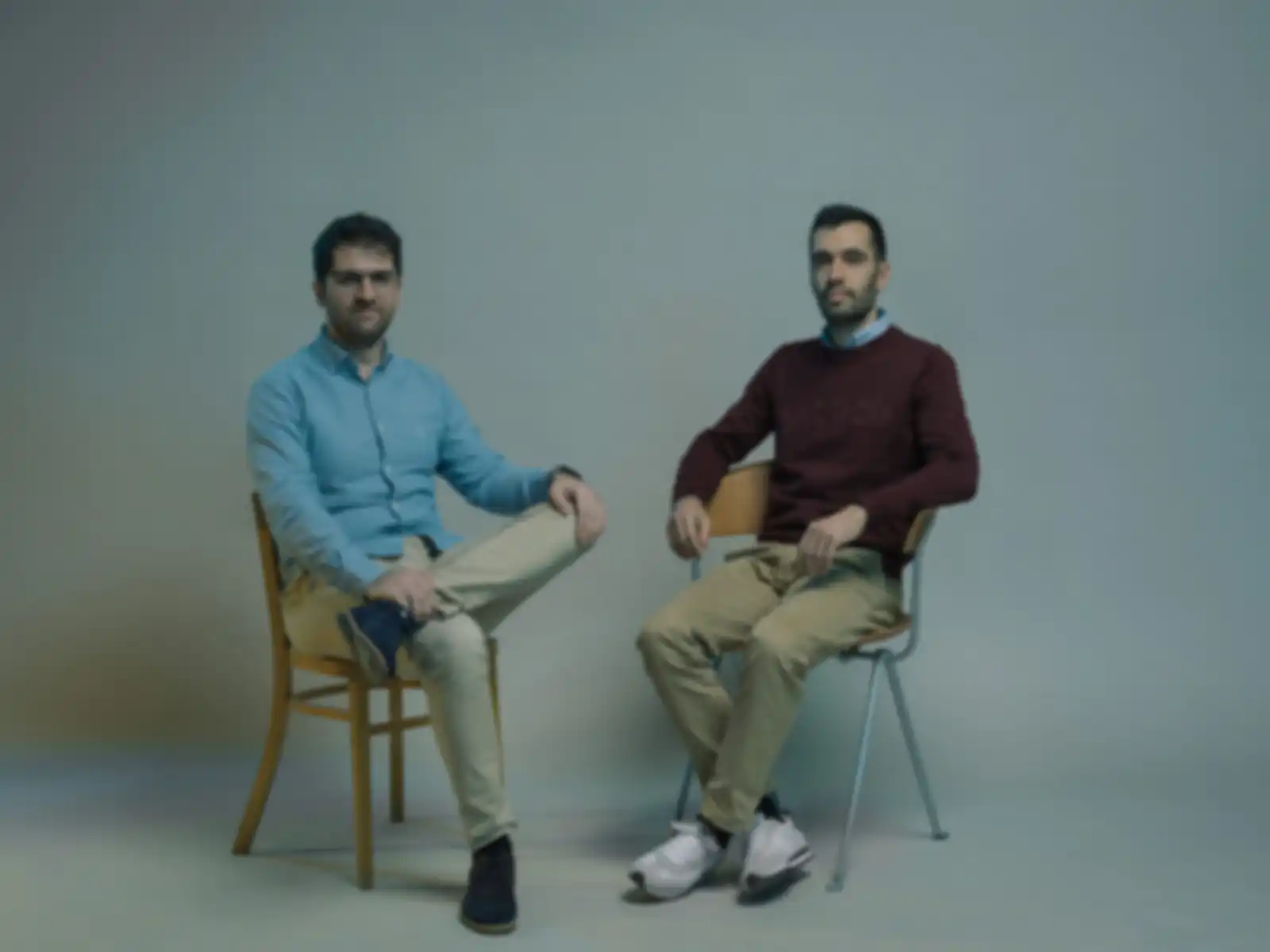
AI-FLIGHT – BEYOND VISION
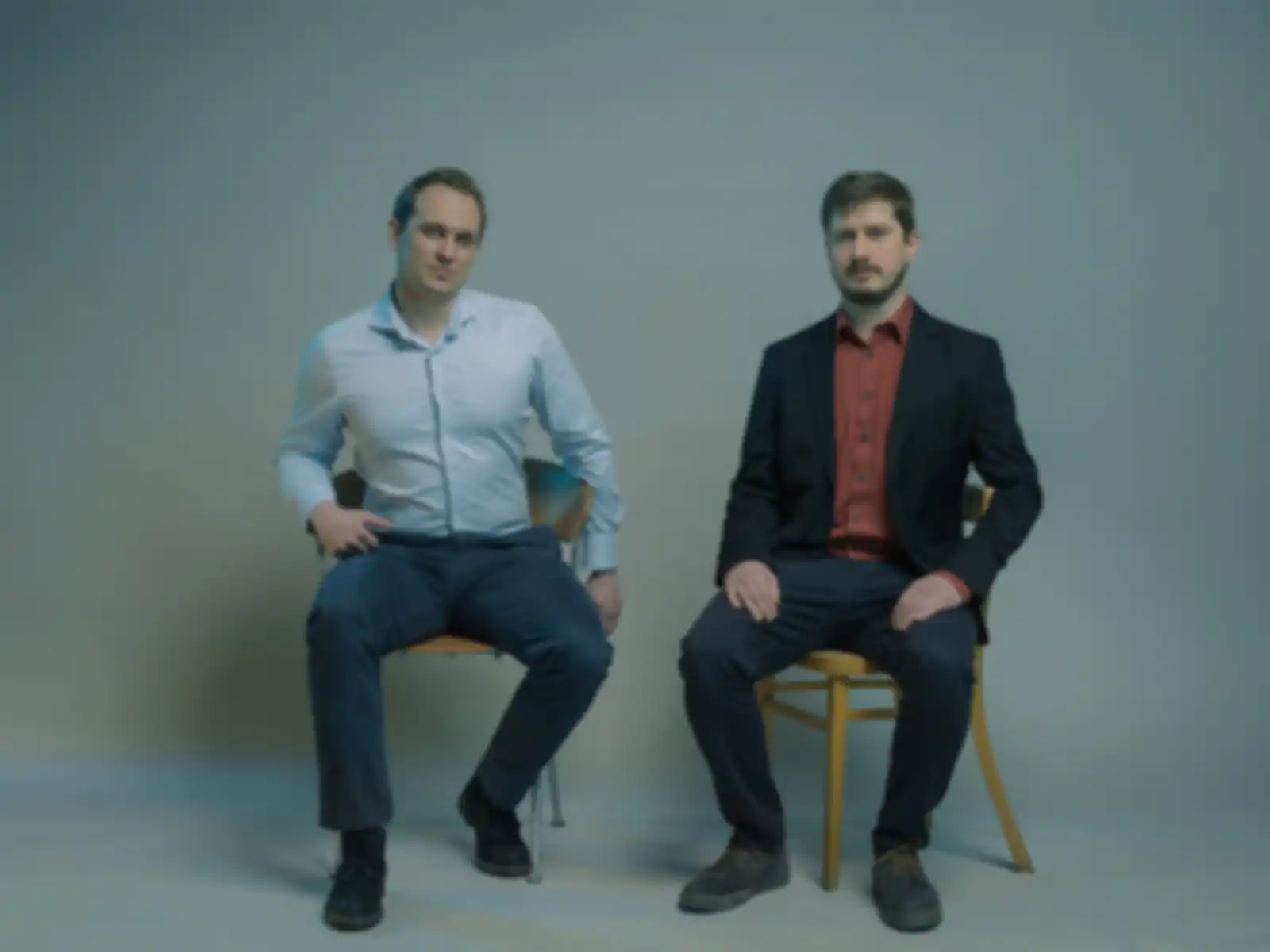
Hybrid Aerospace Hypogriff
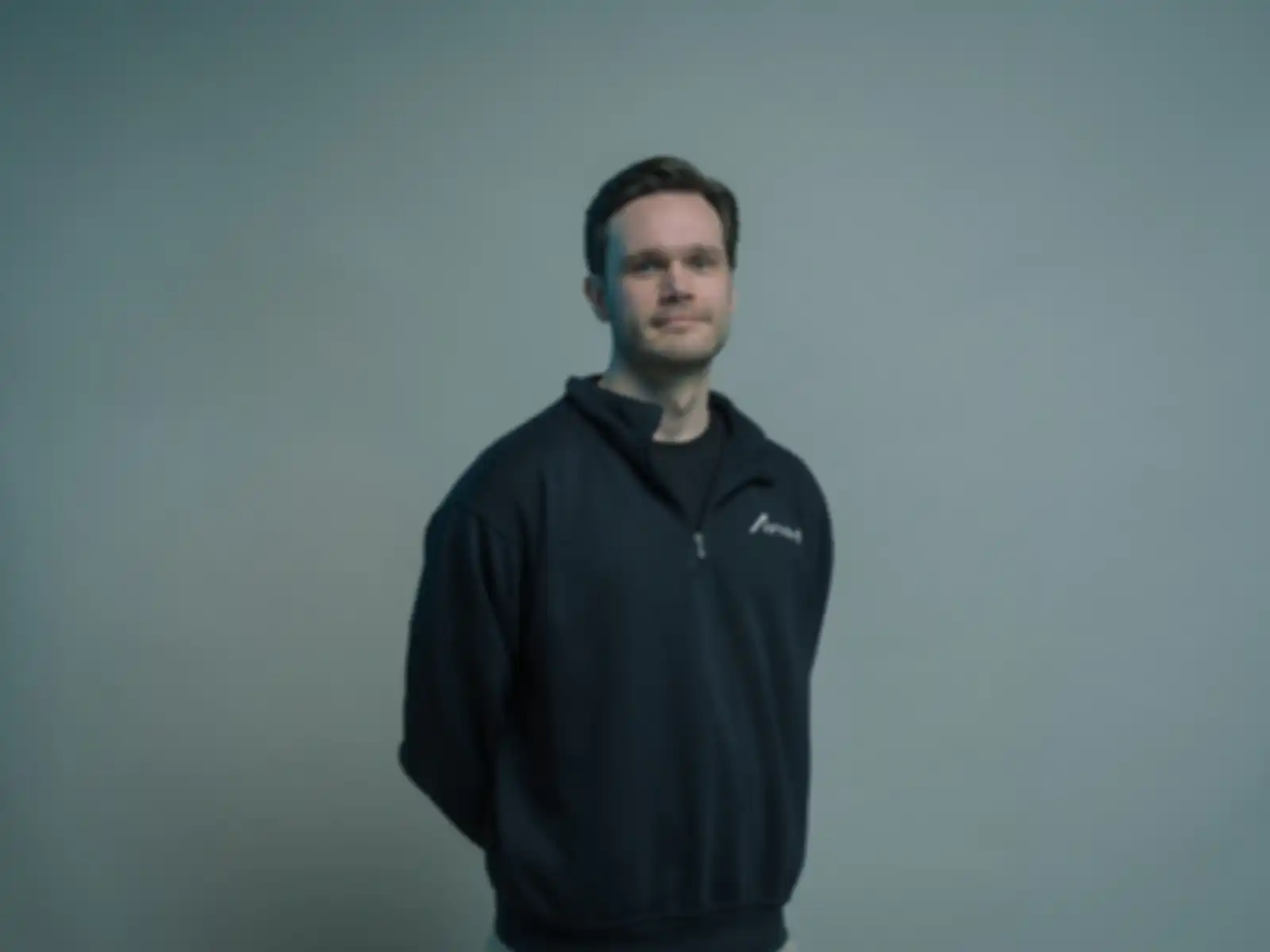
Notus – a proven VTOL approach

Robust, Agile, and Distributed UAV Swarm
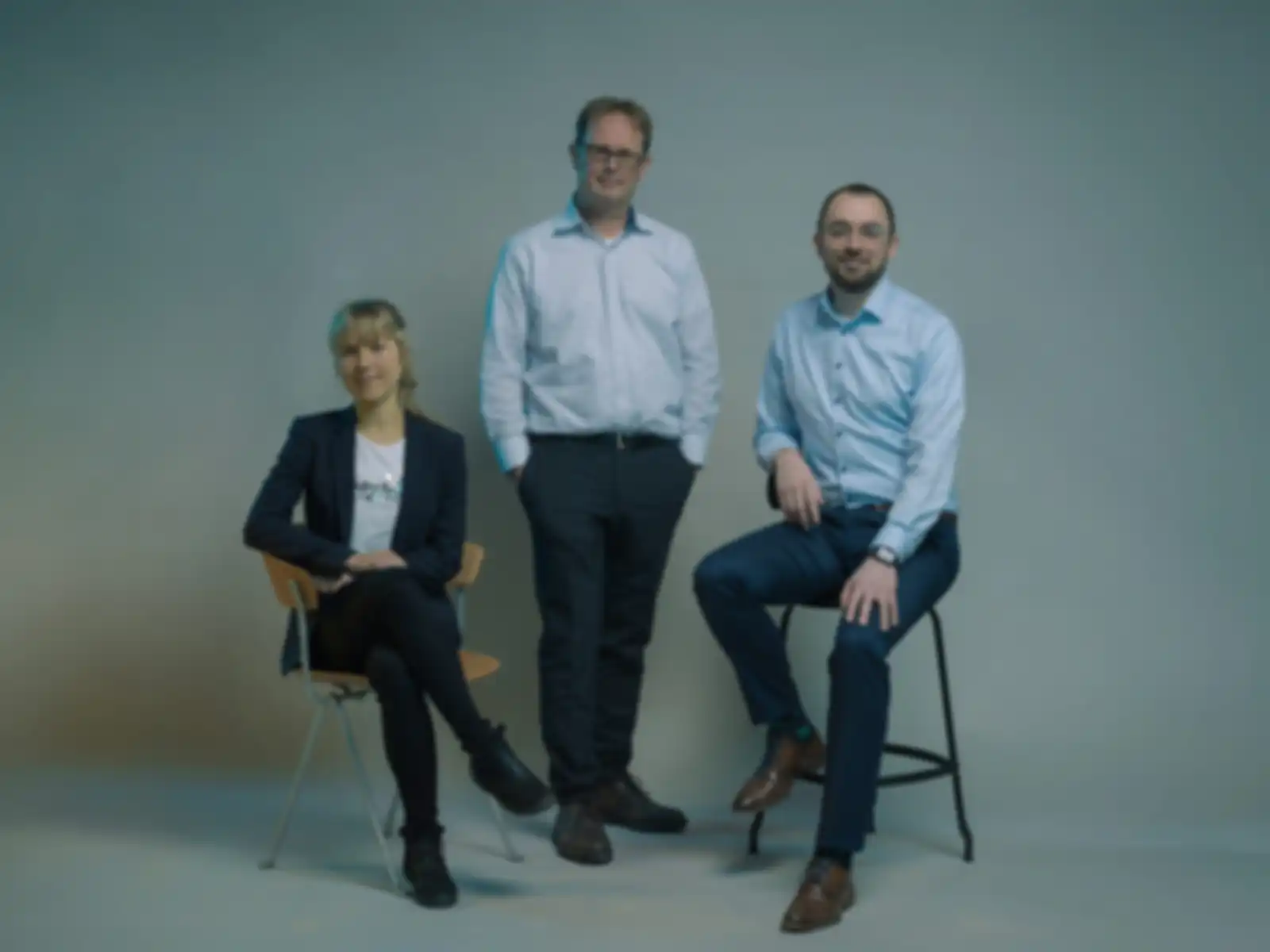
Ubiquitous Autonomous Drone Navigation

AMI-HightTech Flyers
Science Youtuber Jacob Beautemps introduces the technologies of the teams at Breaking Lab


Do you have further questions?
Please feel free to contact us at challenge@sprind.org.

More Challenges and Funken
